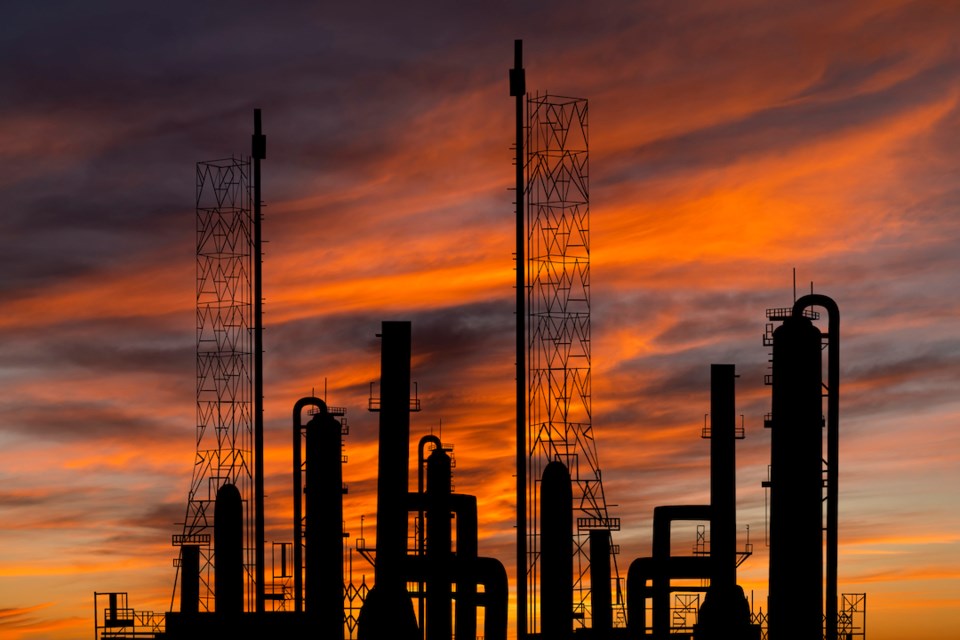Editor:
“The climate crisis is killing us” says Antonio Guterres, UN Secretary General. “It is undermining not just the health of our planet, but the health of people everywhere - through toxic air pollution, diminishing food security, higher risks of infectious diseases outbreaks, recored extreme heat, drought, floods and more.”
That the world is addicted to the burning of fossil fuels is not surprising when you realize that for the last 50 years the global petroleum industry has netted $3 billion dollars in profit per day. That’s not a typo: $3 billion dollars in profit PER DAY for the last 50 years! To protect their gravy train, the industry has used some of those obscene profits to convince us that we cannot live without the continued burning of fossil fuels when the opposite is the truth. We cannot live healthy lives unless we stop burning fossil fuels!
Petroleum is a very valuable carbon resource that produces some 6,000 useful products, many of which can be produced without using petroleum feedstocks, however, the portion of petroleum resources that go to manufacture those products is around 13 per cent of the petroleum we consume. The rest we burn, and by burning it produce the greenhouse gases that are killing our one and only planet.
We have to treat the world’s remaining petroleum as carbon resources to be used for higher value-added products and stop burning the damn stuff! We need to quickly put public and private resources to work at rapidly expanding renewable energy technologies and energy conservation.
Our extended drought and water crisis has finally abated: a mild forewarning of what lies ahead if we don’t change our ways. Our children and grandchildren deserve no less!
Jef Keighley, Garden Bay

